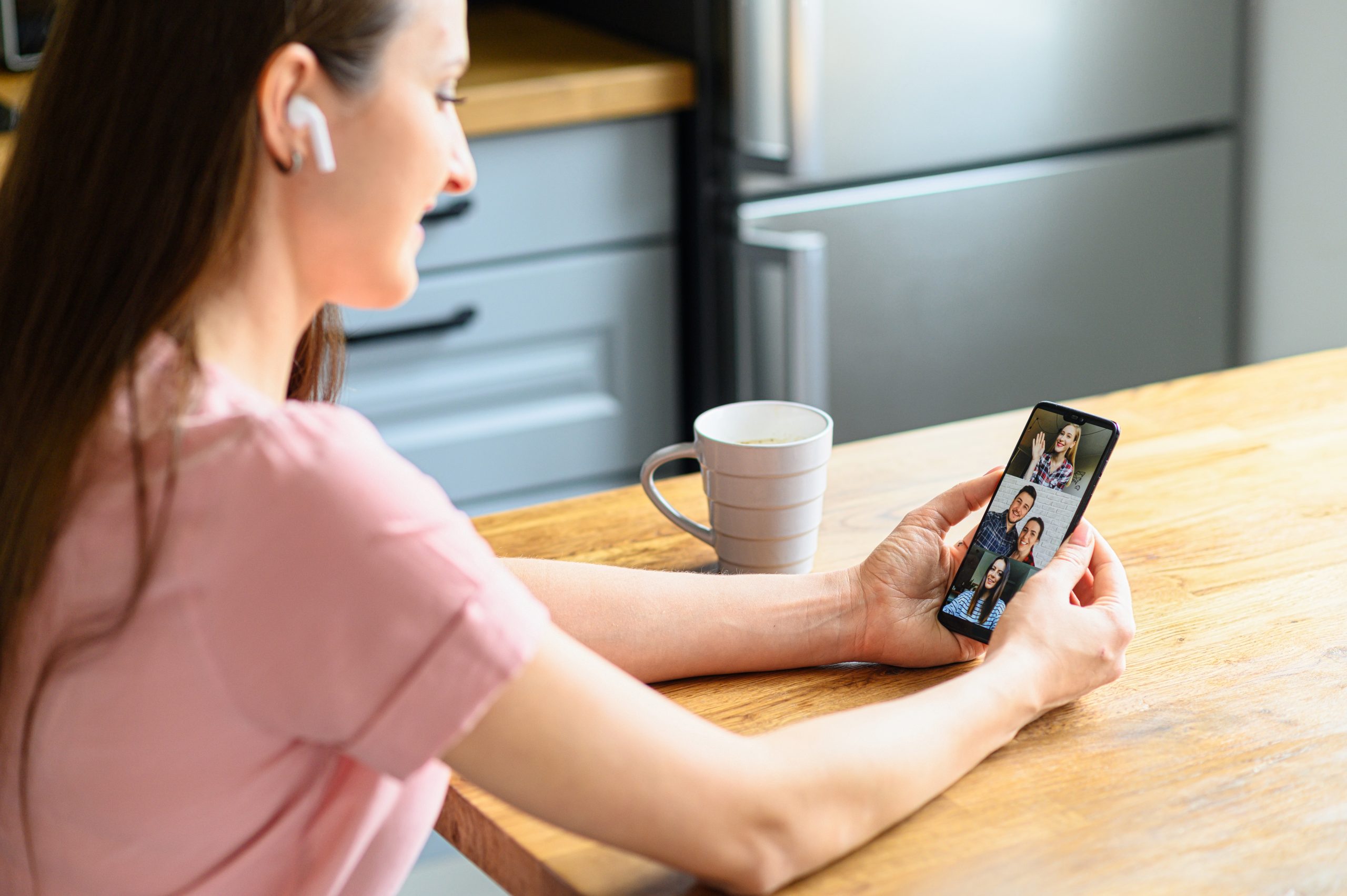It’s no surprise that the ongoing pandemic has stirred up a variety of feelings for everyone, with the feeling of uncertainty coming out on top as one of the most common. While we have all experienced bouts of uncertainty related to various events in past, including natural disasters, housing market crashes, and even other virus outbreaks such as H1N1 and Ebola, the COVID-19 pandemic is relatively uncharted territory for many of us.
Having little to no control over many areas of your daily routine, paired with uncertainty about what the future may hold for you and family, can be unnerving. It’s easy to become overwhelmed and begin to feel stressed, anxious, and/or depressed when so many aspects of your daily life have changed, from dining out, to sending your children to school, to working from home.
While there is much we can’t control at the moment, we can control how we react to the current restrictions and guidelines in place. Here are our top eight tips to help you stay grounded during this time:
Establish a Routine. Working from home and physically distancing yourself from those outside of your regular circle is disruptive to what we would consider “normal life”, but creating a routine to adapt to these new circumstances can help you feel in control. Waking up at the same time every day, creating a daily to-do list, and eating your meals when you normally would all maintain these boundaries that existed before the pandemic.

Don’t “Socially” Distance Yourself. While the commonly used phrase “social distance” implies that you should limit physical contact with others, it does not mean that you should also limit your social connections with friends and family. Making the time to Skype, Zoom, FaceTime, or even talk on the phone are important in fighting any feelings of isolation or loneliness. Regularly connecting with others can also ease any feelings of stress or anxiety you may be experiencing as a result of spending more time at home.
Limit Your News Consumption. It’s important to find a healthy balance between staying informed, and finding yourself falling down a news rabbit hole at 2:00am. Lack of information can lead to heightened feelings of uncertainty and anxiety, but constantly scrolling through news articles also heightens these feelings. Try to aim for stopping your screen time at least 30 minutes before bed and, when you find yourself becoming overwhelmed with negative news, remember— not all pandemic news is bad news. There are many positive stories about supermarkets giving priority to the elderly, businesses making donations to those who have lost their jobs, and even couples who have said “I Do” in the hospital.

Utilize Relaxation Tips. If you find yourself in a moment of panic or high anxiety, focused breathing and relaxation tips can help you regain control of your emotions. Find a comfortable, quiet space, and focus on taking deep, slow breaths. Alternate between deep breaths and normal breaths, paying attention to the difference between the two. The Breathe2Relax app, as well as Apple Music, Pandora, or Spotify’s meditation and guided imagery channels can provide in-depth relaxation sessions that, when done daily, can help reduce overall stress levels. Other ways to relax and disconnect include taking a hot bath, reading a book, getting outside, and enjoying a cup of herbal tea.
Get Enough Sleep. One of the best things you can give both your body and your mind is sleep. Getting enough sleep every night (between 7 and 9 hours) improves concentration and productivity, boosts your mood, and helps increase exercise performance. If you struggle with falling (or staying) asleep, avoiding screens for 30 minutes before bed, reading a chapter in a book, listening to soothing music or even stretching can help you wind down. And, be sure to limit any daytime naps to 30 minutes or less, as long afternoon siestas will throw off your body’s natural sleep cycle, making it more difficult to sleep restfully at night.
 Focus on Your Physical Health. While many of our tips focus on your mental health, it’s important to take care of your body too. Making it a goal to exercise at least 3 times per week and eating fruits, vegetables, lean meats and whole grains most of the time will not only keep your heart and muscles healthy, it will also regulate your mood and help reduce anxiety and depression through the release of endorphins and serotonin.
Focus on Your Physical Health. While many of our tips focus on your mental health, it’s important to take care of your body too. Making it a goal to exercise at least 3 times per week and eating fruits, vegetables, lean meats and whole grains most of the time will not only keep your heart and muscles healthy, it will also regulate your mood and help reduce anxiety and depression through the release of endorphins and serotonin.
Focus on Positive Thinking. Staying positive and avoiding a downward negative spiral isn’t easy, especially because no one knows for sure when the pandemic will end, and when we can all begin to resume our normal daily activities. Instead of focusing on the negatives, try to pick out a few positives and set a personal goal or two you’d like to accomplish during this time. Reading more, eating less sugar, finding a workout routine you’ll stick to, or picking up a new hobby you’ve never had time for are all great places to start.
Know When to Seek Professional Help. There are providers for every part of the body, and while it’s important to take care of these parts, it can be easy to forget that your brain may need help too from time to time. If you still find yourself struggling with feelings of depression, loneliness or helplessness, or you begin skipping work, avoiding plans with friends, losing sleep, and/or experiencing panic attacks, it may be time to reach out to a mental health professional.
Above all, don’t forget that the pandemic will end. In the meantime though, we encourage you to stay connected with friends and family, focus on your mental and physical wellbeing, and take time to unplug from social media and the news to focus on yourself and your family.
At Billings OB-GYN Associates, we are committed to providing you with the care and compassion that you deserve. If you need help or have questions regarding stress management, depression, or other mental health struggles, please contact us today, or call (406) 248-3607 to speak with one of our providers.

